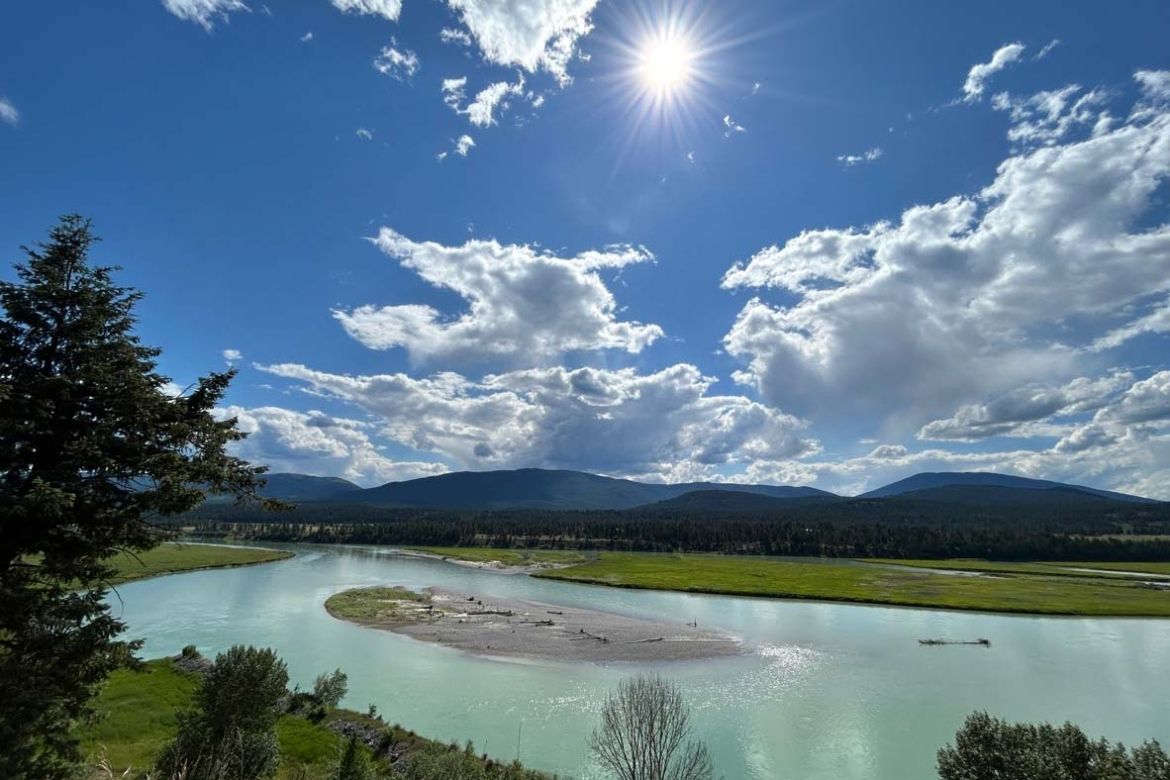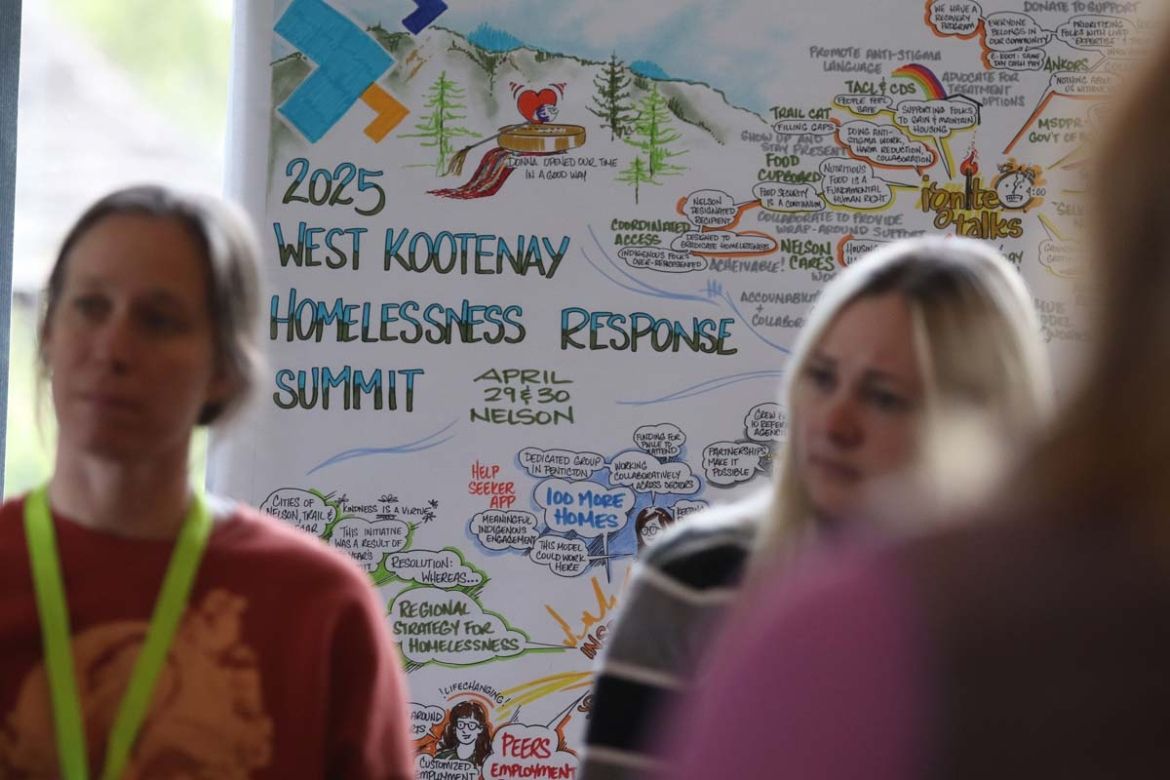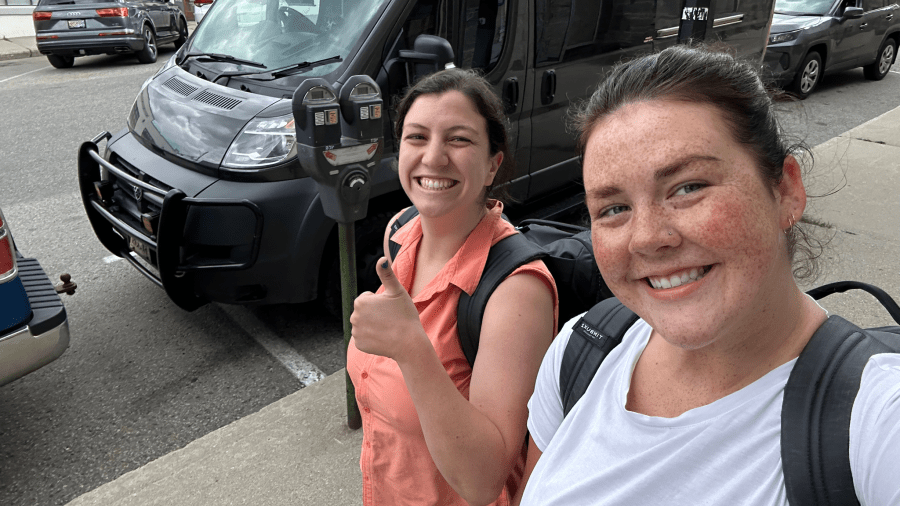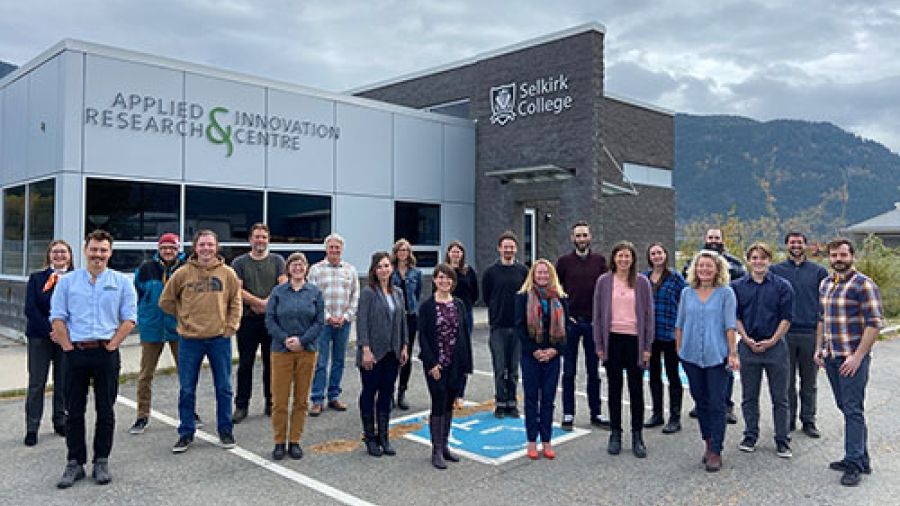Connect with us for:
- Applied social science research on rural community resilience and well-being.
- Community-driven innovation to strengthen local capacity.
- Evidence-based insights, helping you gather, interpret and share credible data to inform action.
- Expertise you can trust, powered by researchers and students.
Local Insights, Lasting Impact
The Social Innovation Lab hosts diverse research, reflecting our unique local communities, their strengths and challenges, and the people who call this place home.
We work with individuals, organizations and communities to create actionable solutions that strengthen well-being and drive positive change across our rural region.
Community-Centred Collaboration
Our approach to research reflects the conditions of rapid change in the world we live in today.
- Interdisciplinary: Blending social, environmental, cultural and economic perspectives with new technologies and different worldviews
- Collaborative: Partnering with individuals, organizations, communities and institutions to co-create solutions
- Participatory: Engaging community members, including those with diverse lived experiences, as active partners in shaping research and driving action
- Action-oriented: Delivering practical tools, resources and strategies that can be applied locally and transferred beyond
- Future-focused: Anticipating trends and challenges to build long-term resilience
Featured Projects
From research in climate adaptation to rural economic development, rural homelessness to social inclusion and cohesion, and the regional cannabis sector, we bring research to life through community-centred collaboration, developing practical solutions that strengthen rural regions and support inclusive, sustainable growth.
Supporting residents and communities to take climate action and become more resilient to climate change impacts.
Bridging Rural Homelessness and Well-Being
Aiming to improve the well-being of rural residents experiencing or at risk of homelessness.
Courageous Dialogues: Moving Beyond Polarization
Building skills, capacity and willingness to overcome divisions.
Innovating within the Regional Cannabis Sector
Understanding the barriers and opportunities for the rural economic development of the regional cannabis sector.








